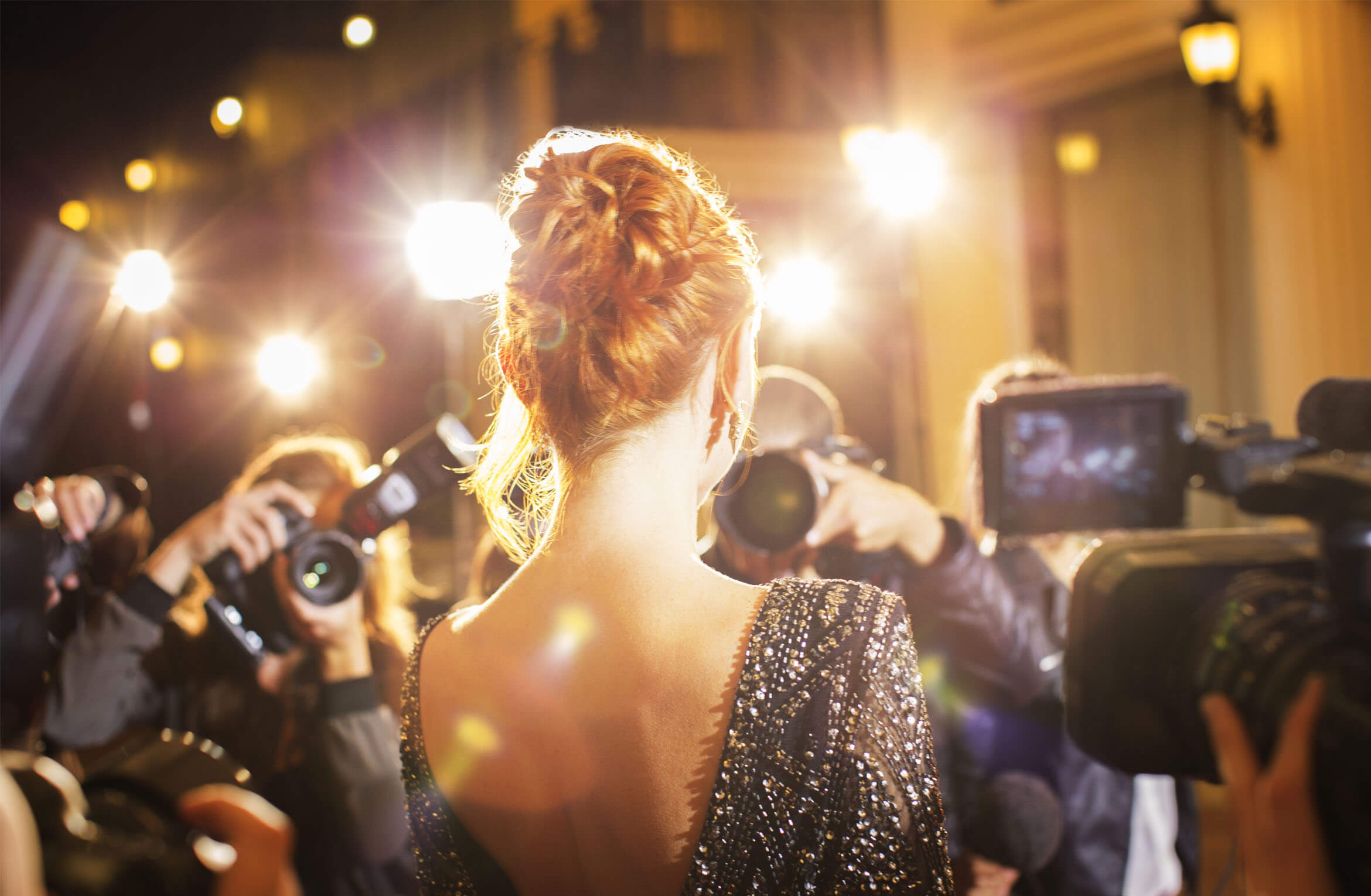
People with a strong interest in celebrities are not more likely than others to question the effectiveness of vaccines. However, new research published in Psychology, Health & Medicine indicates that celebrity worship is linked to several other types of anti-vaccination beliefs.
“I believe that anti-vaccination attitudes are a critical factor in understanding people’s vaccination intentions and behaviors,” explained study author Lisset Martinez-Berman of Texas A&M University-San Antonio.
“I am interested in predictors of anti-vaccination attitudes, so I wanted to explore whether celebrities were related to anti-vaccination attitudes. Anti-vaccination celebrities seem to be prominent in the media and celebrities in general have an inordinate amount influence on the public.”
The researchers surveyed 320 U.S. adults via Amazon’s Mechanical Turk platform. General interest in celebrities and more serious forms of celebrity admiration, such as a pathological obsession with celebrities, were not associated with mistrust of vaccine benefits.
But the researchers found that those who expressed greater interest in celebrities were more likely to agree with anti-vaccine statements such as “Authorities promote vaccination for financial gain, not for people’s health” and “Being exposed to diseases naturally is safer for the immune system than being exposed through vaccination.” In addition, those with more serious forms of celebrity admiration were more likely to agree with statements such as “Vaccines can cause unforeseen problems in children.”
“People who admire celebrities already know that vaccines are effective. Instead, they hold incorrect beliefs about natural immunity and are concerned about commercial profiteering and potential side effects,” Martinez-Berman told PsyPost.
“Celebrities are thought to be detrimental to public health when it comes to vaccines, but their big influence may be helpful in fighting anti-vaccination attitudes and to improve vaccination rates.”
Pathological celebrity admiration was also associated with belief in conspiracy theories, which in turn was associated with concerns about commercial profiteering.
“Our study was correlational in nature, so our results should be interpreted with caution. We cannot make causal conclusions about celebrity admiration and anti-vaccination attitudes. Therefore, we are unable to conclude whether celebrity admiration causes anti-vaccination attitudes or anti-vaccination attitudes lead to celebrity admiration,” Martinez-Berman explained.
“Some questions that still need to be addressed is whether this relationship may be due to a third unknown factor. For example, do people with preferences for getting health information online and hold anti-vaccination attitudes turn to celebrities for information? Does trust in physicians and medical experts an explanation for this relationship? Future research should continue to explore the relationship between celebrity admiration and anti-vaccination attitudes.”
The study, “Is the worship of celebrities associated with resistance to vaccinations? Relationships between celebrity admiration, anti-vaccination attitudes, and beliefs in conspiracy“, was authored by Lisset Martinez-Berman, Lynn McCutcheon, and Ho Phi Huynh.
"celebrities" - Google News
August 31, 2020 at 01:41AM
https://ift.tt/3hJeRM0
Study links celebrity worship to anti-vaccination attitudes and belief in conspiracy theories - PsyPost
"celebrities" - Google News
https://ift.tt/3bWxE3n
https://ift.tt/3c1BIiT

No comments:
Post a Comment